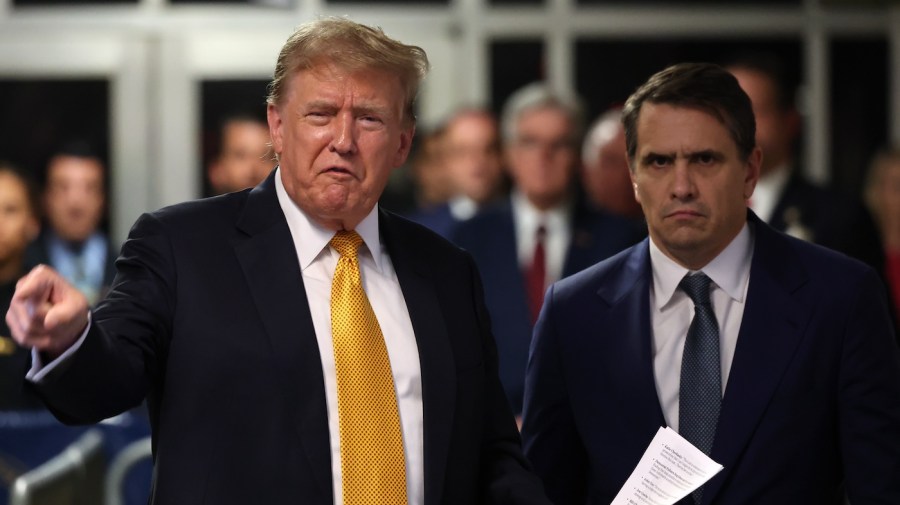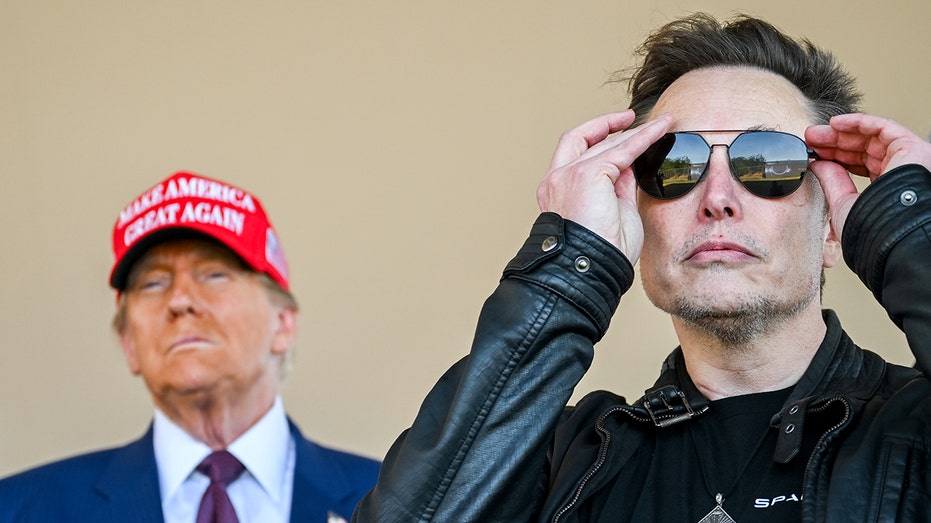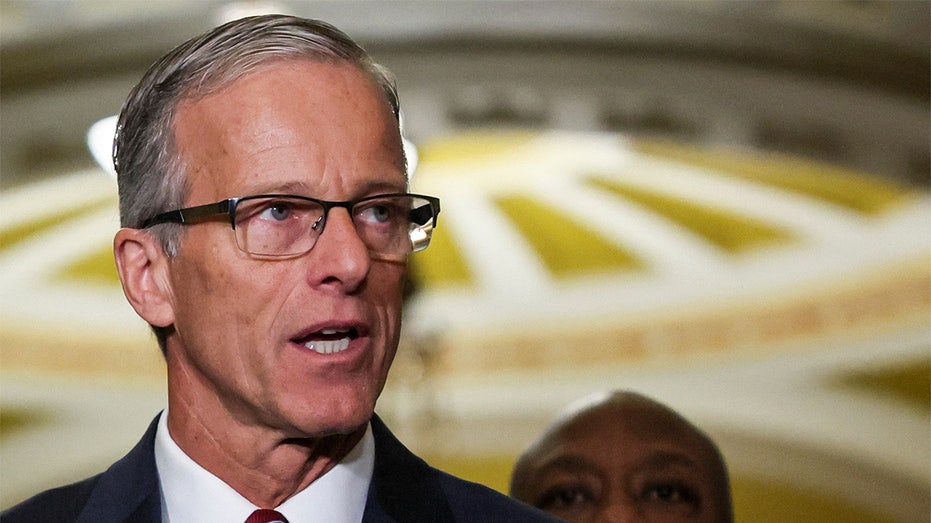A New York judge has ordered President-elect Trump’s criminal sentencing for Jan. 10, rejecting his demand that his hush money case be dismissed to accommodate his presidency following his election victory.
Judge Juan Merchan signaled he is inclined to impose no punishment for Trump’s 34-count felony conviction, given concerns about his immunity from criminal prosecution upon taking the oath of office.
Merchan said an unconditional discharge “appears to be the most viable solution” and he would allow Trump to appear virtually.
“While this Court as a matter of law must not make any determination on sentencing prior to giving the parties and Defendant an opportunity to be heard, it seems proper at this juncture to make known the Court’s inclination to not impose any sentence of incarceration, a sentence authorized by the conviction but one the People concede they no longer view as a practicable recommendation,” Merchan wrote.
The jury of 12 New Yorkers in May found Trump guilty of 34 counts of falsifying business records to conceal a hush money payment his ex-fixer made to porn actor Stormy Daniels with the intention of unlawfully influencing the 2016 presidential election. Daniels was paid during the campaign to keep quiet about an affair she alleged with Trump, which he denies.
Merchan’s decision keeps Trump’s criminal conviction on the books, meaning he would be the first felon to assume the presidency, though Trump still can appeal the jury’s verdict.
Trump spokesperson Steven Cheung said in a statement following Merchan’s decision that there should be no sentencing, suggesting that the “deeply conflicted” judge’s ruling violates the Supreme Court’s presidential immunity ruling.
“This lawless case should have never been brought and the Constitution demands that it be immediately dismissed,” Cheung said. “President Trump must be allowed to continue the Presidential Transition process and to execute the vital duties of the presidency, unobstructed by the remains of this or any remnants of the Witch Hunts.”
The Hill requested comment from the Manhattan district attorney’s office.
The president-elect’s criminal defense strategy long rested on delay until after the election. Trump successfully staved off trial in his other three criminal prosecutions, and in the hush money case — the only one that did reach a verdict — he successfully pushed the sentencing until after voters cast their ballots. He won decisively in November’s election.
Special counsel Jack Smith dismissed all charges against Trump in his federal election subversion and classified documents cases, and Trump’s only other remaining indictment — his election interference prosecution in Georgia — remains in doubt after Fulton County District Attorney Fani Willis (D) was disqualified by an appellate court over her romance with a top prosecutor on the case. She has appealed the decision.
Trump was slated to be sentenced in New York in November. Since the election, his lawyers have argued his status as president-elect compels the case to be tossed entirely.
The judge wrote that he was “not persuaded” and he would allow Trump to appear virtually at his sentencing to accommodate his transition duties as president-elect.
“Having addressed and resolved all matters brought before this Court and the verdict now more than half a year behind us, all that remains outstanding in this case is the issuance of this Decision and the imposition of sentence,” Merchan wrote.
“Scheduling sentence is a function that remains exclusively within the purview of the trial judge and can be easily set down for a date and time certain to minimize disruption and inconvenience, provided that applicable statutory obligations are met,” he added.
The judge also emphasized the importance of keeping the New York jury’s guilty verdict against Trump intact, writing that its importance could not “possibly be overstated.”
“Indeed, the sanctity of a jury verdict and the deference that must be accorded to it, is a bedrock principle in our Nation’s jurisprudence,” he said.
Merchan went on to reject an alternative suggested by Manhattan District Attorney Alvin Bragg (D), whose office is prosecuting the case, that the judge treat the case as if Trump had passed away.
Trump’s attorneys called the scenario “absurd” and a “dark dream scenario,” but Bragg said the first-of-its-kind solution was warranted given the unprecedented circumstances.
Updated at 4:52 p.m. EST





Leave a Reply